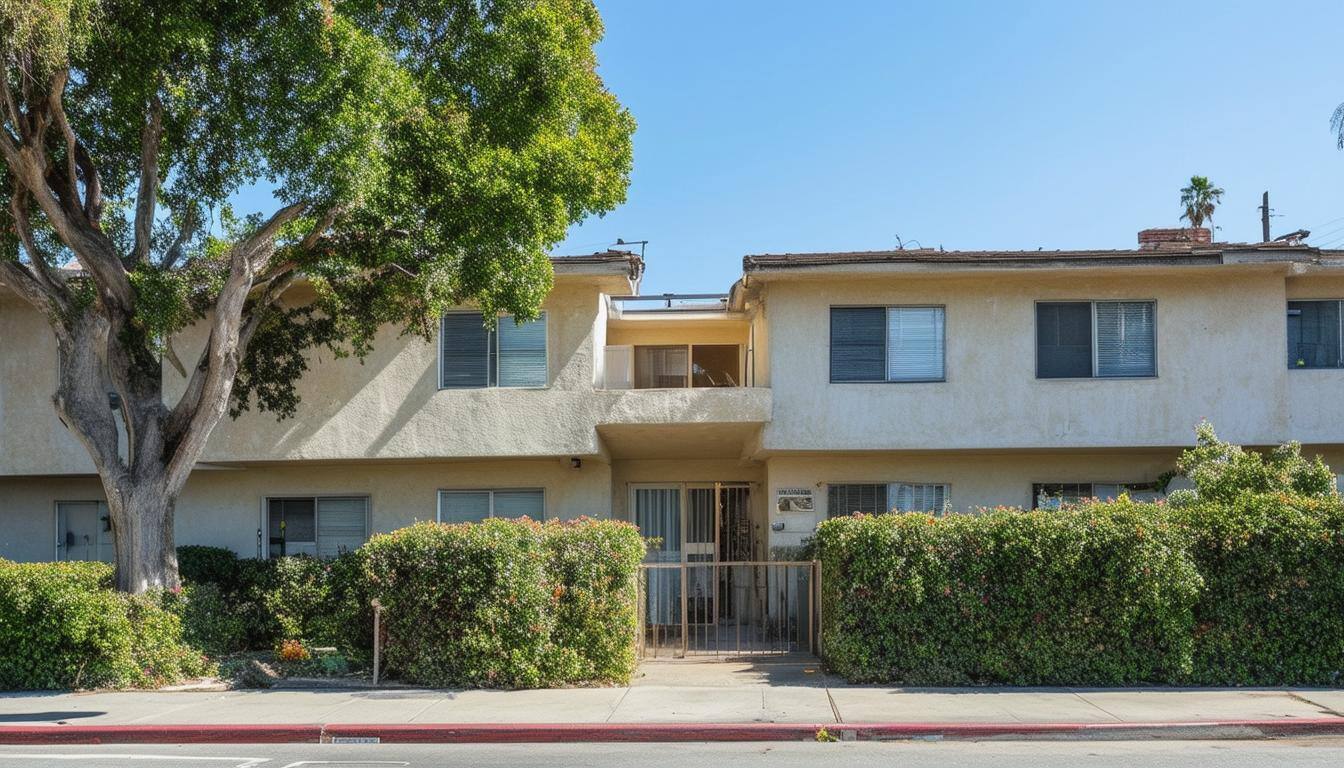LA SCEP: A Guide for Building Owners
Since its inception in 1998, Los Angeles' Systematic Code Enforcement Program (SCEP) has mandated regular inspections of multifamily rental properties to ensure compliance with health and safety standards. While the program aims to maintain habitable housing conditions, it has faced criticism from multifamily property owners regarding its implementation and associated costs.
Background on SCEP Inspections
SCEP inspections require that multifamily properties with two or more units undergo inspections approximately once every four years. These inspections assess various aspects of property maintenance, including structural integrity, plumbing, electrical systems, and overall habitability. Property owners in Los Angeles are notified at least 30 days before the scheduled inspection date via mailed and/or posted notice. (Housing Department)
Legal Challenges and Changes
In February 2017, a group of landlords and tenants filed a class-action lawsuit against the City of Los Angeles, alleging that SCEP inspections violated Fourth Amendment rights due to coerced consent under threat of penalties. The lawsuit contended that the inspections were unconstitutional, as they were conducted without proper warrants or opportunities for pre-compliance review.
As a result of the lawsuit, the city amended its municipal code to allow property owners and tenants the right to refuse SCEP inspections without a warrant. Now, if entry is denied, the city must obtain an inspection warrant issued by a judge, providing multifamily property owners with an opportunity for judicial review before any penalties can be imposed.
Recommendations for Property Owners
To minimize the likelihood of SCEP inspections and ensure compliance with health and safety standards, property owners should:
- Promptly Address Maintenance Requests: Respond swiftly to tenant maintenance requests, especially those concerning health and safety issues like mold or plumbing problems.
- Regularly Inspect and Maintain Common Areas: Conduct routine inspections of the property's exterior and common areas to identify and rectify hazards such as exposed wiring or leaking pipes.
- Maintain Detailed Records: Keep comprehensive records of all repairs and communications with tenants as evidence of proactive property management.
While SCEP aims to uphold housing standards in Los Angeles, it's essential for multifamily property owners to be aware of their rights and responsibilities. Staying informed about legal developments and maintaining diligent property management practices can help navigate the complexities of SCEP inspections and ensure compliance with city regulations.
For more detailed information on SCEP and recent legal developments, refer to the Los Angeles Housing Department's official resources and consult with legal professionals as needed.
Taylor Avakian is a multifamily investment expert and the host of No Vacancy, a podcast dedicated to exploring the latest trends, strategies, and insights in the real estate market. As the founder of The Group CRE, Taylor specializes in helping landlords and investors navigate the complexities of multifamily ownership in Los Angeles.

.png?width=1000&height=300&name=Blog%20CTA%20(3).png)